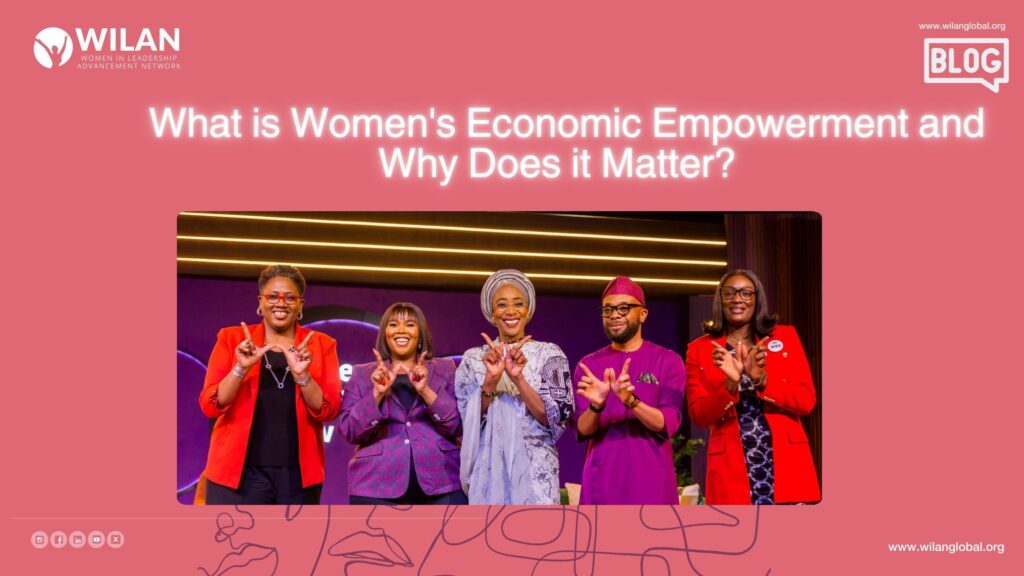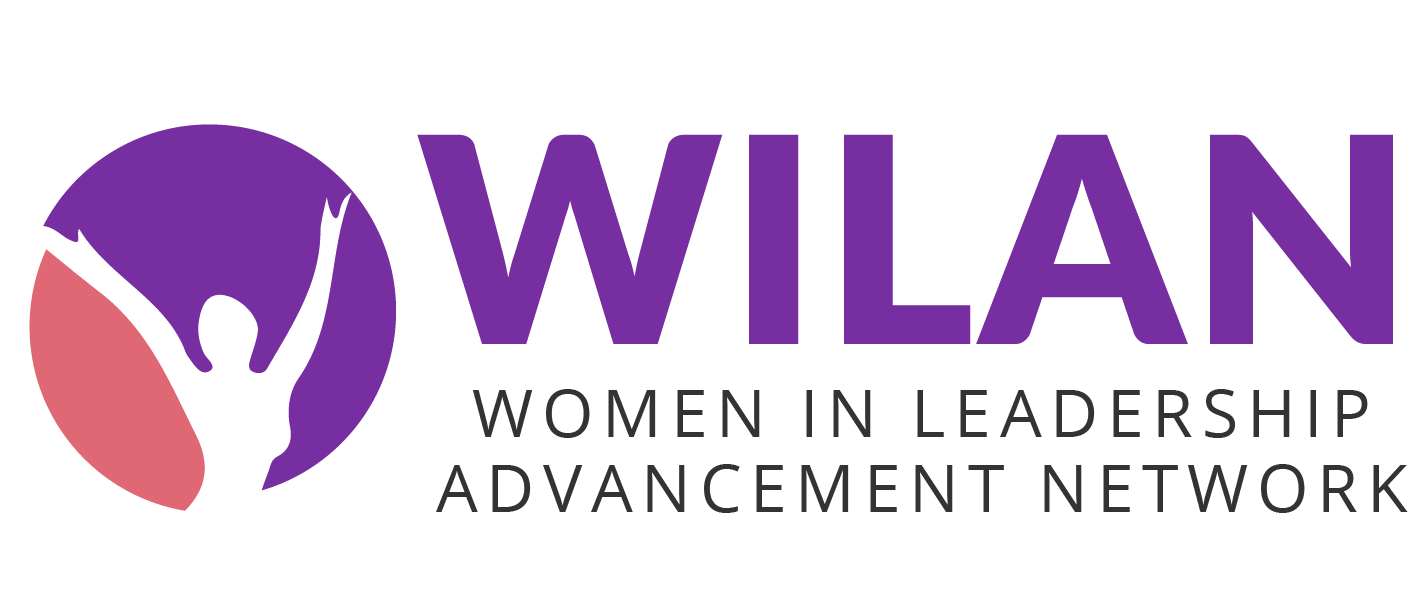For too long, women have faced systemic barriers that prevent them from fully contributing to the economy. This not only limits their potential but also slows down the nation’s progress. However, the Women’s Economic Empowerment (WEE) Policy, launched in 2023, presents a groundbreaking opportunity to change this narrative.
This article explores the significance of the WEE Policy, its key objectives, the challenges in its implementation, and the role of collaboration in ensuring its success. By addressing these issues, Nigeria can unlock the full economic potential of women and drive sustainable growth for all.
In episode 7 of The Leading Woman Show Policy series, we had guests Rinmicit Temlong, a Policy Specialist and Gender Lead at Albright Stonebridge Group, Cornelius Ohonsi, a Public Health & Policy Specialist at the Policy Innovation Centre, Dr. Dayo Benjamins-Laniyi, Mandate Secretary at the Ministry of Women Affairs, FCT and Founder, African Culture Transformation Initiative, Hansatu Adegbite, National Consultant on Private Sector Partnerships, UNWomen Nigeria who dissected the topic.
The Economic Case for Women’s Empowerment
Women constitute nearly half of Nigeria’s population, yet they continue to face barriers such as limited access to finance, land ownership restrictions, and wage inequality. Research shows that closing gender gaps in economic participation could add billions of dollars to Nigeria’s GDP annually. Empowering women is not just a social necessity; it is an economic imperative.
Understanding the WEE Policy: Goals and Key Pillars
The WEE Policy is a strategic initiative designed to promote gender-inclusive economic growth. It seeks to dismantle systemic barriers and create opportunities for women across various sectors.
From Policy to Action: The Genesis of the WEE Policy
The WEE Policy was developed through collaboration between the government, civil society organizations, and grassroots women leaders. Extensive research and consultations informed its structure, ensuring it addresses the unique challenges faced by women in different regions and industries.
Key Pillars and Objectives
The policy focuses on several critical areas:
- Enhancing women’s access to finance through targeted credit schemes and financial literacy programs.
- Supporting women in agriculture and entrepreneurship by providing resources, training, and market access.
- Recognizing and reducing unpaid care work by advocating for policies that support work-life balance.
- Fostering participation in emerging industries such as technology and renewable energy.
- Creating legal and institutional frameworks that protect women’s economic rights and eliminate discriminatory practices.

Overcoming Challenges to Effective Implementation
Despite its ambitious goals, implementing the WEE Policy comes with significant challenges. Addressing these obstacles is crucial for its success.
Cultural and Legal Barriers
Deep-rooted cultural norms and outdated laws often restrict women’s economic participation. In some regions, women are denied the right to own land or start businesses. Changing these norms requires legal reforms, awareness campaigns, and active community engagement to shift mindsets.
Financial Sustainability and Resource Allocation
Ensuring long-term funding for the WEE Policy is critical. While government support is essential, public-private partnerships can provide additional financial backing. Innovative financing mechanisms, such as impact investing and microfinance programs tailored for women, can also enhance sustainability.
Monitoring and Accountability
To track progress, data collection and evaluation must be prioritized. Civil society organizations and the public must hold the government accountable by demanding transparency and measurable outcomes. Regular progress reports and feedback loops will help refine the policy and ensure its effectiveness.
Collaboration: The Key to Lasting Impact
Successful implementation of the WEE Policy requires a collective effort from various stakeholders.
Engaging the Private Sector
Businesses can support women by:
- Prioritizing women-owned enterprises in supply chains.
- Providing mentorship and capacity-building programs.
- Promoting gender-inclusive workplace policies.
The Role of Male Allies
Men play a crucial role in driving change by advocating for gender equality, supporting women in leadership roles, and challenging discriminatory norms in workplaces and communities.
Empowering Women Entrepreneurs
Women entrepreneurs are key drivers of economic growth. To support them, initiatives should focus on:
- Expanding access to finance through gender-responsive banking solutions.
- Building strong networks for mentorship and peer support.
- Providing training programs tailored to industry-specific needs.
Conclusion: A Future of Shared Prosperity
The WEE Policy is a transformative initiative that has the potential to unlock unprecedented economic opportunities for Nigerian women. By addressing systemic barriers, fostering strategic partnerships, and ensuring accountability, Nigeria can create a more inclusive and prosperous economy. Achieving full women’s economic empowerment requires commitment, collaboration, and a shared vision of a future where every woman can thrive and contribute to national growth.







